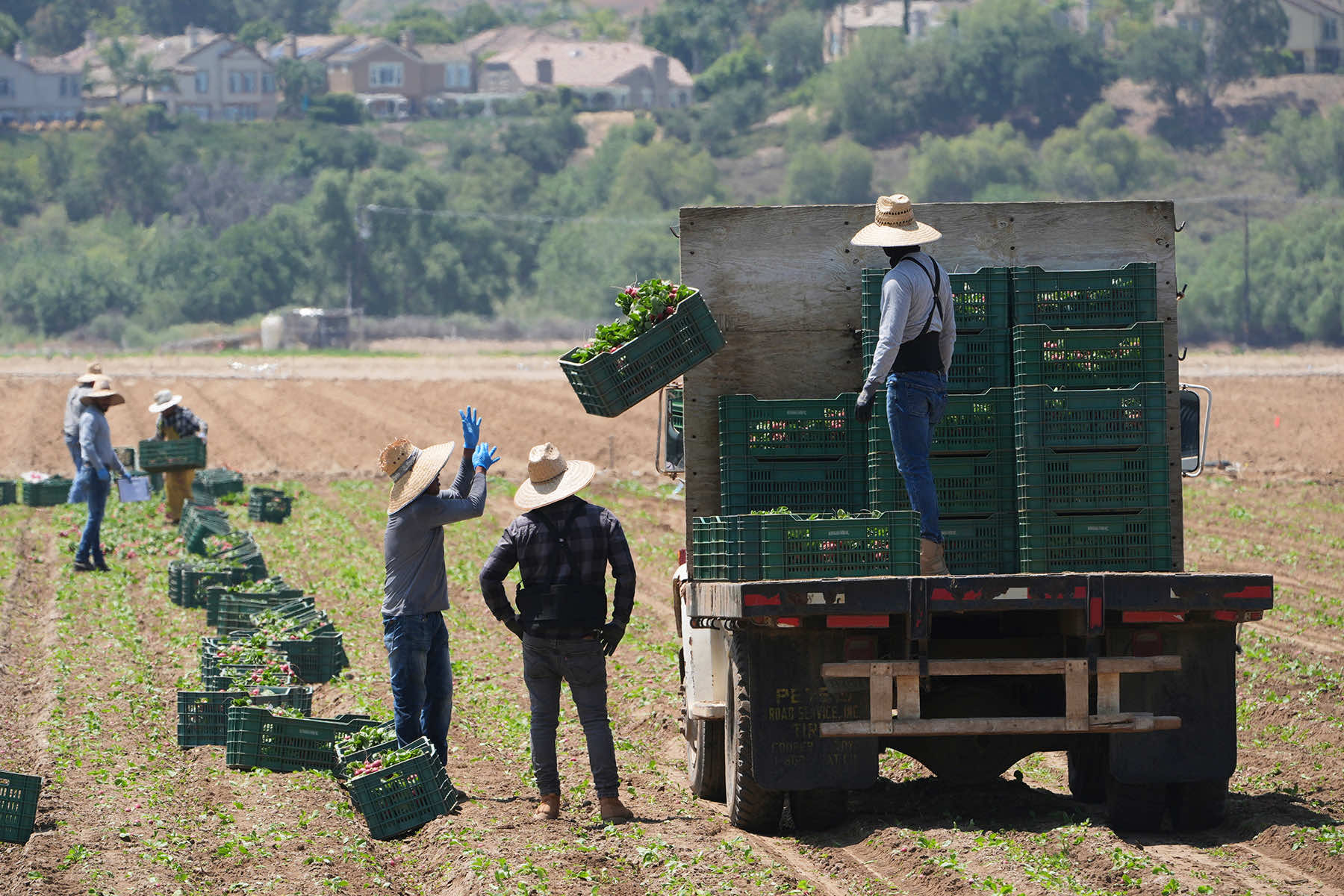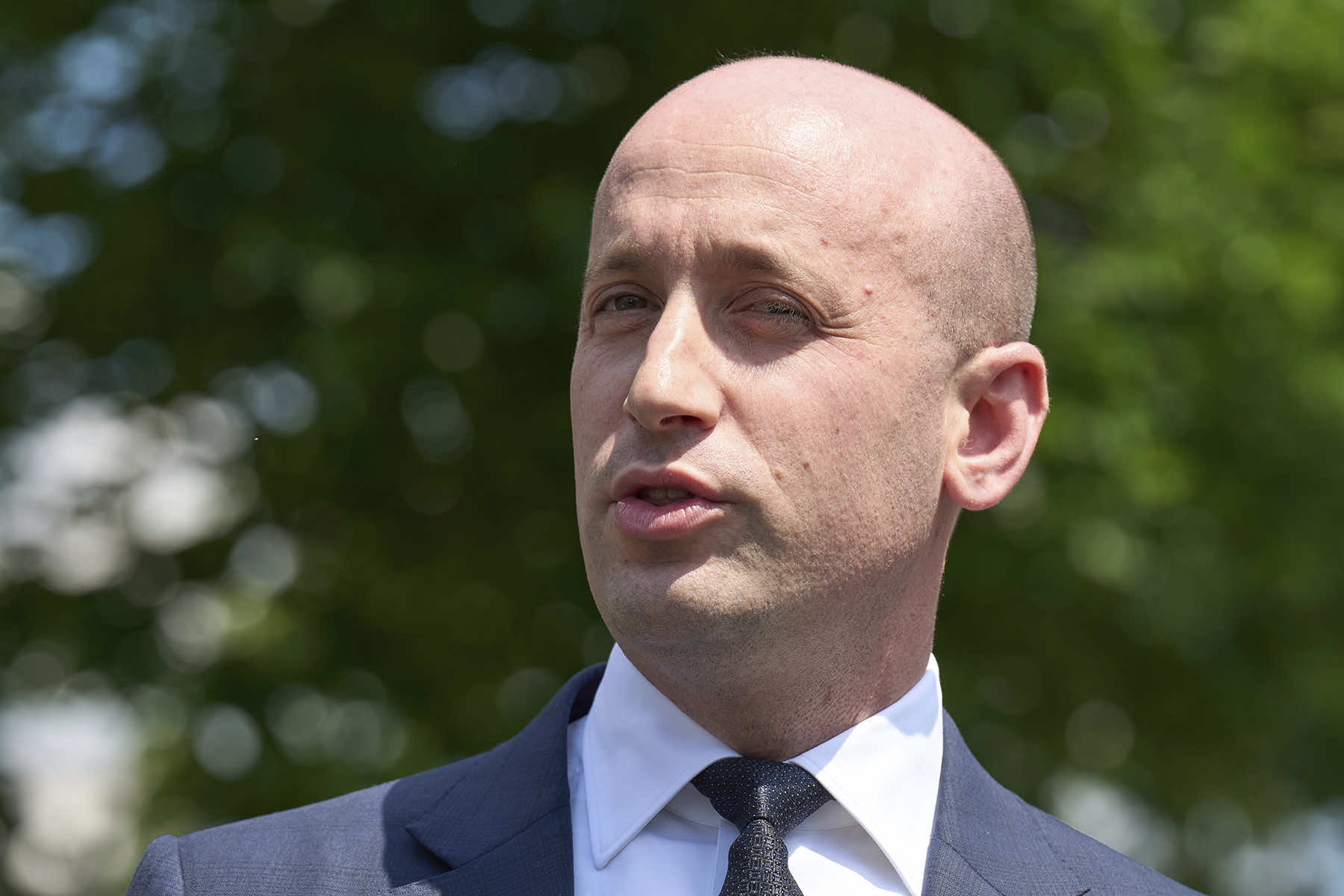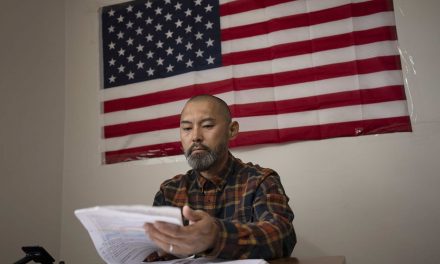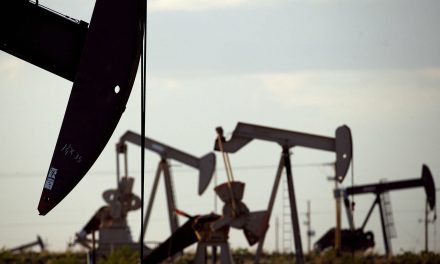
The Trump regime directed immigration officers to pause arrests at farms, restaurants, and hotels, after Donald Trump expressed alarm about the impact of aggressive enforcement, an official said on June 14.
The move follows weeks of increased enforcement since Stephen Miller, White House deputy chief of staff and main architect of Trump’s immigration policies, said U.S. Immigration and Customs Enforcement officers would target at least 3,000 arrests a day, up from about 650 a day during the first five months of Trump’s second term.
Tatum King, an official with ICE’s Homeland Security Investigations unit, wrote regional leaders on June 12 to halt investigations of the agricultural industry, including meatpackers, restaurants, and hotels, according to The New York Times.
A U.S. official who was not authorized to comment publicly and spoke on condition of anonymity confirmed the contents of the directive. The Homeland Security Department did not dispute it.
“We will follow the President’s direction and continue to work to get the worst of the worst criminal illegal aliens off of America’s streets,” Tricia McLaughlin, a Homeland Security spokesperson, said when asked to confirm the directive.
The shift suggests Trump’s promise of mass deportations has limits if it threatens industries that rely on workers in the country illegally. Trump posted on his Truth Social site on June 12 that he disapproved of how farmers and hotels were being affected.
“Our great Farmers and people in the Hotel and Leisure business have been stating that our very aggressive policy on immigration is taking very good, long time workers away from them, with those jobs being almost impossible to replace,” he wrote. “In many cases the Criminals allowed into our Country by the VERY Stupid Biden Open Borders Policy are applying for those jobs. This is not good. We must protect our Farmers, but get the CRIMINALS OUT OF THE USA. Changes are coming!”
Though the White House framed Trump’s intervention as responsive leadership, the decision to scale back enforcement came only after mounting complaints from agriculture and hospitality executives, many of them Trump’s financial backers, who warned of production losses, staffing shortages, and the potential collapse of key supply chains.
The president’s reaction did not follow a public outcry over the arrests, but pressure from donors concerned that aggressive raids were eroding the labor force they depend on. Trump’s concern has never centered on the people swept up in these roundups.
His public statements offered no reflection on the human cost or fear sown in immigrant communities. Instead, his retreat signals a transactional calculation. His only goal was to preserve the loyalty of industries vital to his political machine, even if it meant slowing a crackdown he continues to champion.
While ICE’s presence in Los Angeles has captured public attention and prompted Trump to deploy the California National Guard and Marines, immigration authorities have also been a growing presence at farms and factories across the country.
Farm bureaus in California say raids at packinghouses and fields are threatening businesses that supply much of the country’s food. Dozens of farmworkers were arrested after uniformed agents fanned out on farms northwest of Los Angeles in Ventura County, which is known for growing strawberries, lemons, and avocados. Others are skipping work as fear spreads.
ICE made more than 70 arrests on June 10 at a food packaging company in Omaha, Nebraska. The owner of Glenn Valley Foods said the company was enrolled in a voluntary program to verify workers’ immigration status and that it was operating at 30% capacity as it scrambled to find replacements.
Tom Homan, the White House border czar, has repeatedly said ICE will send officers into communities and workplaces, particularly in “sanctuary” jurisdictions that limit the agency’s access to local jails.
Sanctuary cities “will get exactly what they don’t want, more officers in the communities and more officers at the work sites,” Homan said on June 9 on Fox News Channel. “We can’t arrest them in the jail, we’ll arrest them in the community. If we can’t arrest them in community, we’re going to increase work site enforcement operation. We’re going to flood the zone.”
On June 17, Trump called off the brief suspension of immigration enforcement at farms and hotels, directing federal agents to restart workplace raids. The policy flip-flop came after internal opposition from policy hardliners ended the pause just four days after it was issued.
The abrupt policy U-turn revealed ongoing disarray within Trump’s immigration strategy, as rival factions inside his regime clash over direction and as he pivots between conflicting priorities.
“The president’s position has been unmistakable,” said Tricia McLaughlin, assistant secretary at the Department of Homeland Security, in a statement. “There will be no cover for industries that shield violent offenders or deliberately obstruct ICE’s enforcement mission.”
The reversal mirrors Trump’s broader pattern of unpredictable decision-making, such as issuing threats over sweeping global tariffs or proposing budget cuts, only to later back away. The behavior is an example of his absence from important decision-making and leadership.
The result has left a power vacuum in the White House, where competing voices are struggling for influence. Critics point to this as another sign of Trump’s inability to fulfill his role as president.














